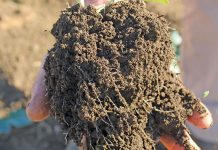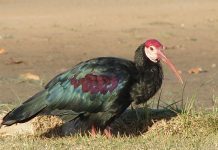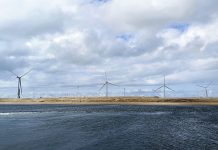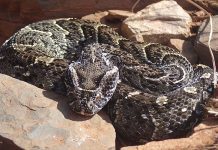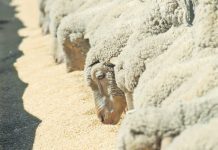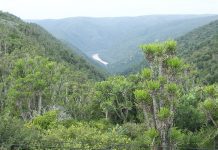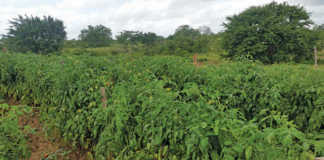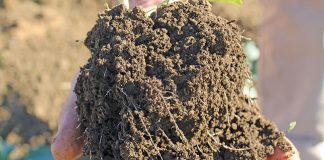Countries need to start measuring nature’s value and setting up “national ecosystem service accounts,” says Janet Ranganathan, an expert at the World Resources Institute and co-author of Banking on Nature’s Assets.Humanity depends on nature for survival. Ecosystems provide many benefits or “ecosystem services” that underpin economic development and support human wellbeing.
These include provisioning services such as food, fresh water and fuel, as well as regulating services such as water purification, pollination and climate regulation. Healthy ecosystems are needed to sustain economic development and mitigate and adapt to climate change.
“But a country can cut down its forests, drain its wetlands and pollute its water sources, and none of this shows up in the national accounting system,” explains Janet. “By giving these assets a value and including them in the national accounts, the hope is that what is measured will be managed.” National ecosystem service accounts will also raise awareness about the value of a country’s natural assets and increase public support for decisions that are better for people and nature, she adds. Economic development and ecosystem services are intertwined.
“We can’t really deal with one without dealing with the other,” says Janet. “But the current mindset is to put economic development and nature in separate boxes, overseen by separate government agencies and academic disciplines.“Thinking about the environment in terms of ecosystem services can transform that mindset and help us see and value the environment as a series of assets or benefits that development depends upon. “By including ecosystems as assets alongside capital, labour and other commonly measured units in national accounts, governments will hopefully spur economic growth while sustaining or even growing natural assets.”
Challenges in creating an account
Creating a national ecosystem service account has its challenges. How do you define standardised units? How do you measure physical quantities and assign values? “Unlike conventional accounts that track the value of goods sold, such as houses, cars and food, many ecosystem services aren’t traded, so the measurement unit isn’t always obvious,” notes Janet.“Consider the ecosystem service of pollination.
Should economists assume it’s already captured in agriculture products sold, or should they use a proxy, such as the number of pollinators or pollinations? “If the accounts are to be integrated into existing national income accounts, then double counting must be avoided.“The chosen measurement units must also be quantifiable at the national level. Finally, the physical measurements must be converted into financial values.
“But economists don’t always agree on how to do this. The pros and cons of various valuation approaches will need to be weighed to avoid under- or over-valuing services and risking the credibility of the entire effort.”Efforts are already underway to create national indicators of ecosystem health.
“The UK is conducting a National Ecosystem Assessment of the country’s natural environment in terms of the benefits it provides to society,” says Janet. The results of this could be integrated into national accounts. The European Commission, United Nations and others are exploring ways to define complimentary indicators for gross domestic product (GDP) that address sustainable development.
And the World Bank is well-positioned to systematically integrate ecosystem risks and opportunities into its own operations, says Janet. “Banking on Nature’s Assets identifies entry points for mainstreaming ecosystem services into the World Bank’s core operations. These range from country assistance strategies and environmental analysis to sector work and development policy loans.”
Banking on Nature’s Assets can be downloaded from www.wri.org.

